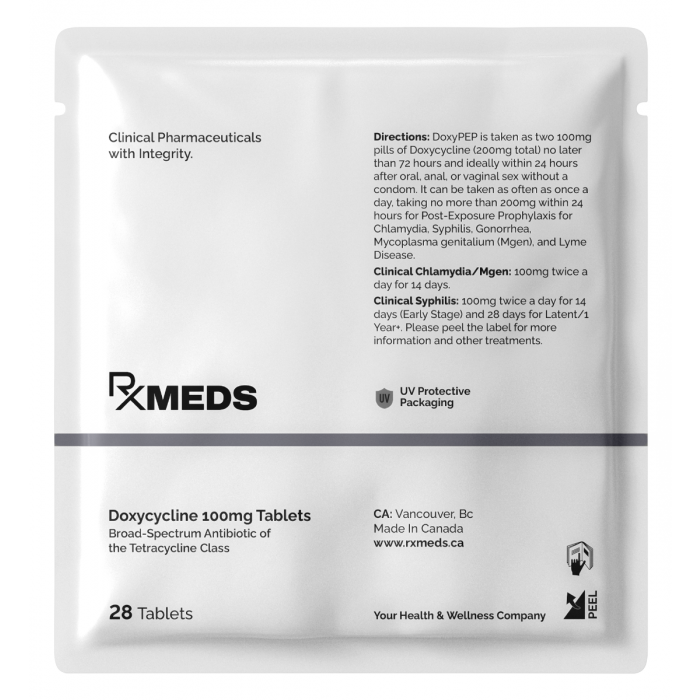Read More
What is Doxycycline (Vibramycin)?
Doxycycline (brand name: Vibramycin) is a broad-spectrum tetracycline antibiotic used to treat a variety of bacterial infections, including respiratory tract infections, skin infections, urinary tract infections, and certain sexually transmitted infections. It is also commonly used for preventing malaria and treating acne and rosacea.
Doxycycline is available in tablet, capsule, suspension, and injectable forms.
- Generic name: doxycycline
- Brand names: Vibramycin, Doryx, Oracea
- Drug classes: Tetracycline antibiotics
Warnings
- Do not use doxycycline if you are allergic to it or other tetracycline antibiotics (e.g., tetracycline, minocycline).
- Avoid prolonged sun exposure, as doxycycline can increase the risk of sunburn (photosensitivity).
- Consult your doctor if you are pregnant or breastfeeding, as doxycycline can harm an unborn baby or affect tooth and bone development in young children.
- Do not use doxycycline for viral infections, such as the common cold or flu, as it is only effective against bacterial infections.
Before Using This Product
- Inform your healthcare provider if you have a history of liver or kidney disease, as these conditions may affect the dosage.
- Discuss any current medications, including antacids, blood thinners, or isotretinoin, as they may interact with doxycycline.
- Avoid taking doxycycline if you are planning dental procedures, as it may cause temporary discoloration of teeth.
How Should I Take Doxycycline (Vibramycin)?
- Dosage: Typical adult doses range from 100 mg to 200 mg per day, depending on the infection being treated. For malaria prevention, doses are usually 100 mg daily starting 1-2 days before travel.
- With Food: Take doxycycline with a full glass of water. It can be taken with food or milk to reduce stomach upset, but dairy products may decrease absorption.
- Duration: Complete the entire course of treatment, even if symptoms improve, to prevent antibiotic resistance.
What Happens If I Miss a Dose?
- Take the missed dose as soon as you remember, unless it is close to the next scheduled dose.
- If it is almost time for the next dose, skip the missed dose and continue with your regular schedule.
- Do not double doses to make up for a missed dose.
What Happens If I Overdose?
- Symptoms of overdose may include severe nausea, vomiting, or diarrhea.
- Seek medical attention immediately if you suspect an overdose.
What to Avoid
- Avoid taking iron supplements, calcium supplements, antacids, or laxatives within 2 hours before or after taking doxycycline, as these may reduce its effectiveness.
- Avoid alcohol, as it may reduce the effectiveness of doxycycline or increase side effects.
- Avoid prolonged sun exposure, and use sunscreen or protective clothing to prevent photosensitivity reactions.
Doxycycline Side Effects
Common side effects may include:
- Nausea
- Diarrhea
- Upset stomach
- Photosensitivity (sunburn risk)
- Headache
Seek immediate medical attention if you experience severe or unusual symptoms, such as:
- Severe allergic reactions (e.g., swelling of the face, lips, or tongue)
- Severe abdominal pain or persistent diarrhea (may indicate a serious infection)
- Yellowing of the skin or eyes (jaundice)
This information serves as a general guide on doxycycline. Consult your healthcare provider for specific advice related to your health condition.
 |
|
